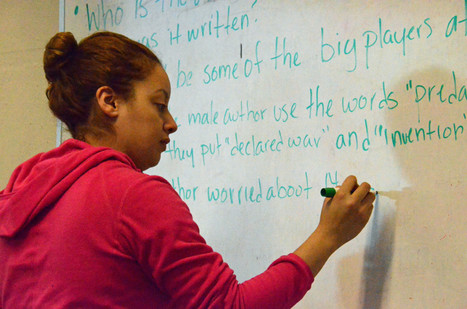Why in this day and age, it is important to become a “learning worker”, and that for me “learning to learn” doesn’t just mean “learning how to study” in formal courses. etc – although that’s a part of it, but nowadays it also means:
building a habit of continuous, everyday learning – and keeping your eyes and ears constantly open and learn from everything around youextracting the learning from your work experiences – this, after all, is how most of how we learn to do our work takes place – as we do our job keeping up to date with what’s happening in your industry and profession – not just by going to an annual conference or reading a few industry magazines – that pretty much tells you what’s happening now, not what’s happening next – the place to find that out is in on the Social Web, in your professional social networksrecognising serendipitous learning – the accidental, unplanned learning that takes place everyday as a consequence of other things.
For me, this is the new work of learning professionals – one that involves helping and supporting individuals – rather than creating and delivering one-size-fits-all content!
Via Gust MEES



 Your new post is loading...
Your new post is loading...











Why in this day and age, it is important to become a “learning worker”, and that for me “learning to learn” doesn’t just mean “learning how to study” in formal courses. etc – although that’s a part of it, but nowadays it also means:
For me, this is the new work of learning professionals – one that involves helping and supporting individuals – rather than creating and delivering one-size-fits-all content!
Learn more:
https://gustmees.wordpress.com/2015/05/26/what-are-the-skills-needed-from-students-in-the-future/
https://gustmees.wordpress.com/2015/07/19/learning-path-for-professional-21st-century-learning-by-ict-practice/
adicionar sua visão ...